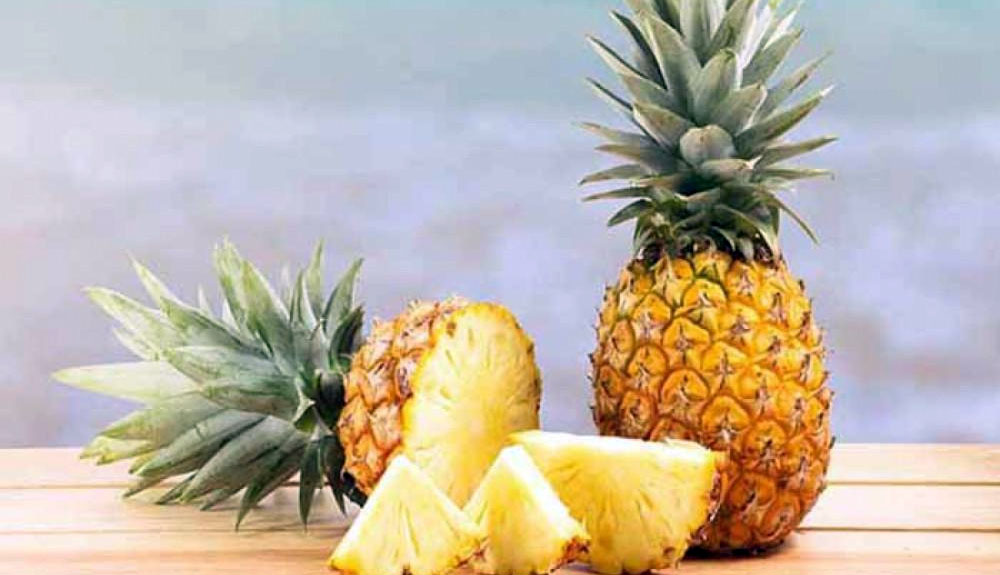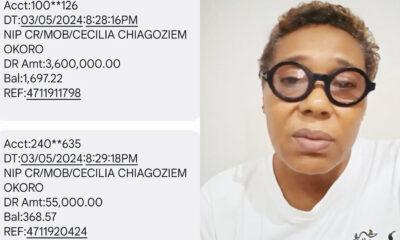Artificial sweeteners in bread, other food can damage kidney, experts warn
Experts have expressed worry over increased consumption of artificial sweeteners found in bread, pastries and biscuits.
A report by The PUNCH says these are now being used by bakeries and food processing companies in place of sugar, which experts note as posing serious health risks to the people.
They also cautioned against using artificial sweeteners for weight loss or to reduce the ‘risk of noncommunicable diseases’.
They warned that long-term use could cause diabetes, heart-related issues and kidney problems.
According to the recent guidelines on Non-Sugar Sweeteners, the World Health Organisation warned against the use of NSS to control body weight or reduce the risk of noncommunicable diseases, insisting that NSS are not essential dietary factors and have no nutritional value.
The WHO urged people to reduce the sweetness of the diet altogether and should start early in life to improve their health.
It noted that the recommendation is based on the findings of a systematic review which suggests that the use of NSS does not confer any long-term benefit in reducing body fat in adults or children.
READ ALSO:
The report quotes Director for Nutrition and Food Safety, WHO, Francesco Branca, as saying, “Replacing free sugars with NSS does not help with weight control in the long term. People need to consider other ways to reduce free sugar intake, such as consuming food with naturally occurring sugars, like fruit, or unsweetened food and beverages.
“NSS are not essential dietary factors and have no nutritional value. People should reduce the sweetness of the diet altogether, starting early in life, to improve their health.
“The recommendation applies to all people except individuals with pre-existing diabetes and includes all synthetic and naturally occurring or modified non-nutritive sweeteners that are not classified as sugars found in manufactured foods and beverages, or sold on their own to be added to foods and beverages by consumers.”
The WHO listed non-sugar sweeteners as acesulfame K, saccharin, aspartame, advantame, cyclamates, neotame, sucralose, stevia and stevia derivatives, saying that long-term consumption of these may be harmful to health.
“The recommendation does not apply to personal care and hygiene products containing NSS, such as toothpaste, skin cream, and medications, or to low-calorie sugars and sugar alcohols (polyols), which are sugars or sugar derivatives containing calories and are therefore not considered NSS,” it added.
A Nutritionist and Founder, Corlerns Foods Ltd, Awka, Anambra State, Obiora Chukwunulu, said the reason many people use NSS following the over 150 per cent increase in the cost of free sugar is because many sugar substitutes taste sweeter than sugar.
He said, “A very little quantity of this is needed to sweeten foods and drinks, yet it is cheaper.
“The quantity of sugar you will need to sweeten a 50-litre of dough will cost you a fortune but just a little quantity of saccharin, which will cost you less, will do justice to it. What N500 saccharin will do, N1,000 sugar will not do.”
Artificial sweeteners in bread, other food can damage kidney, experts warn










































